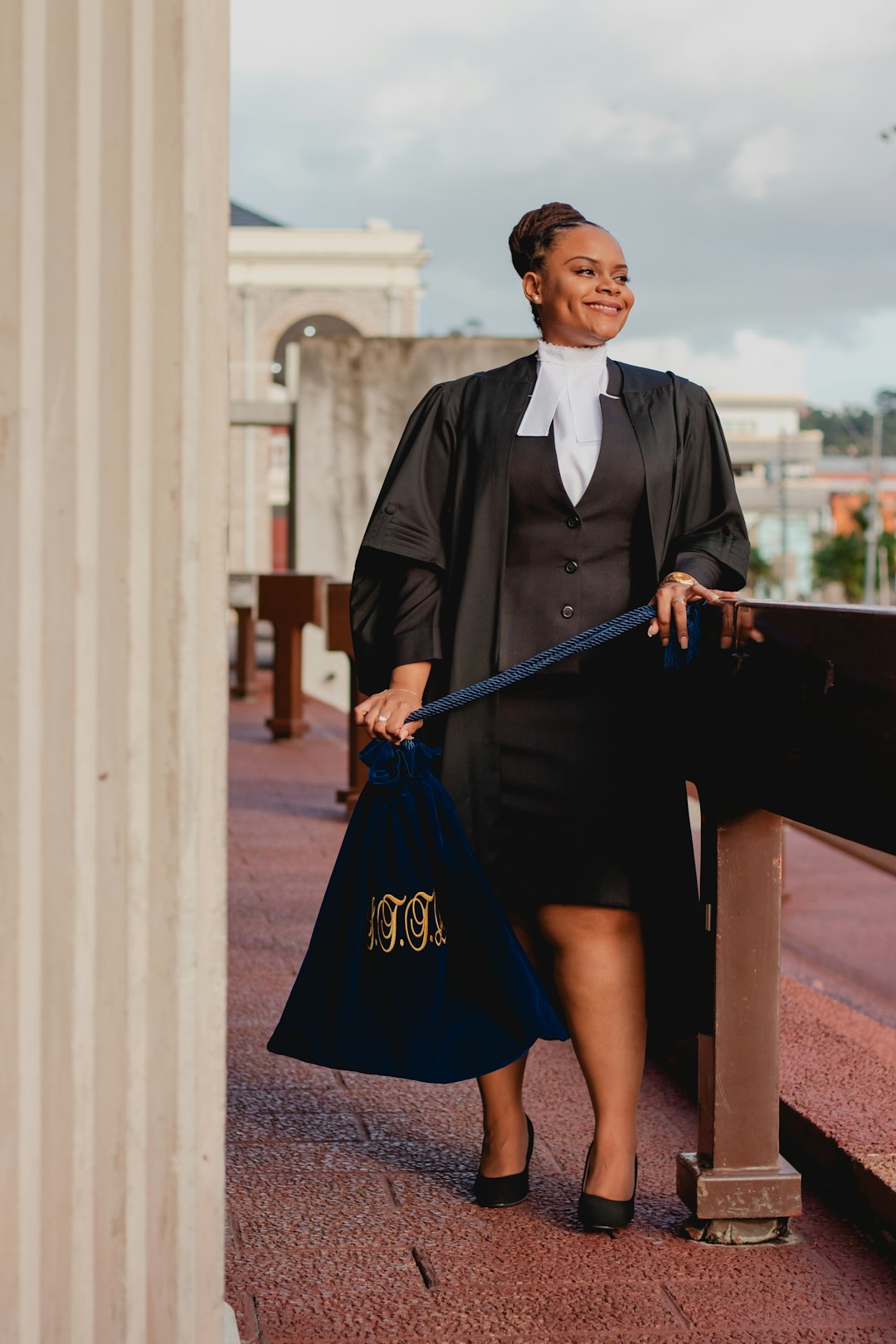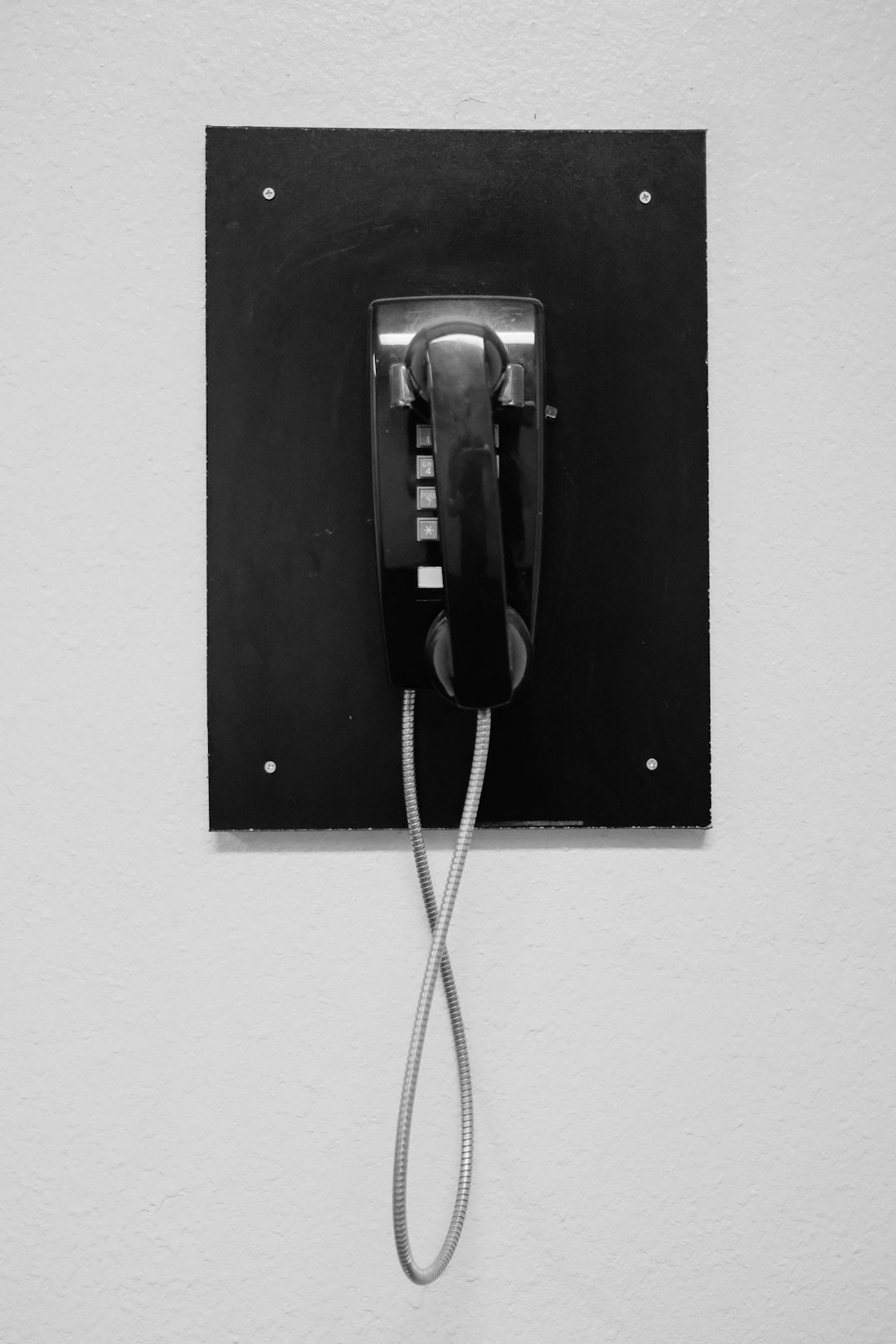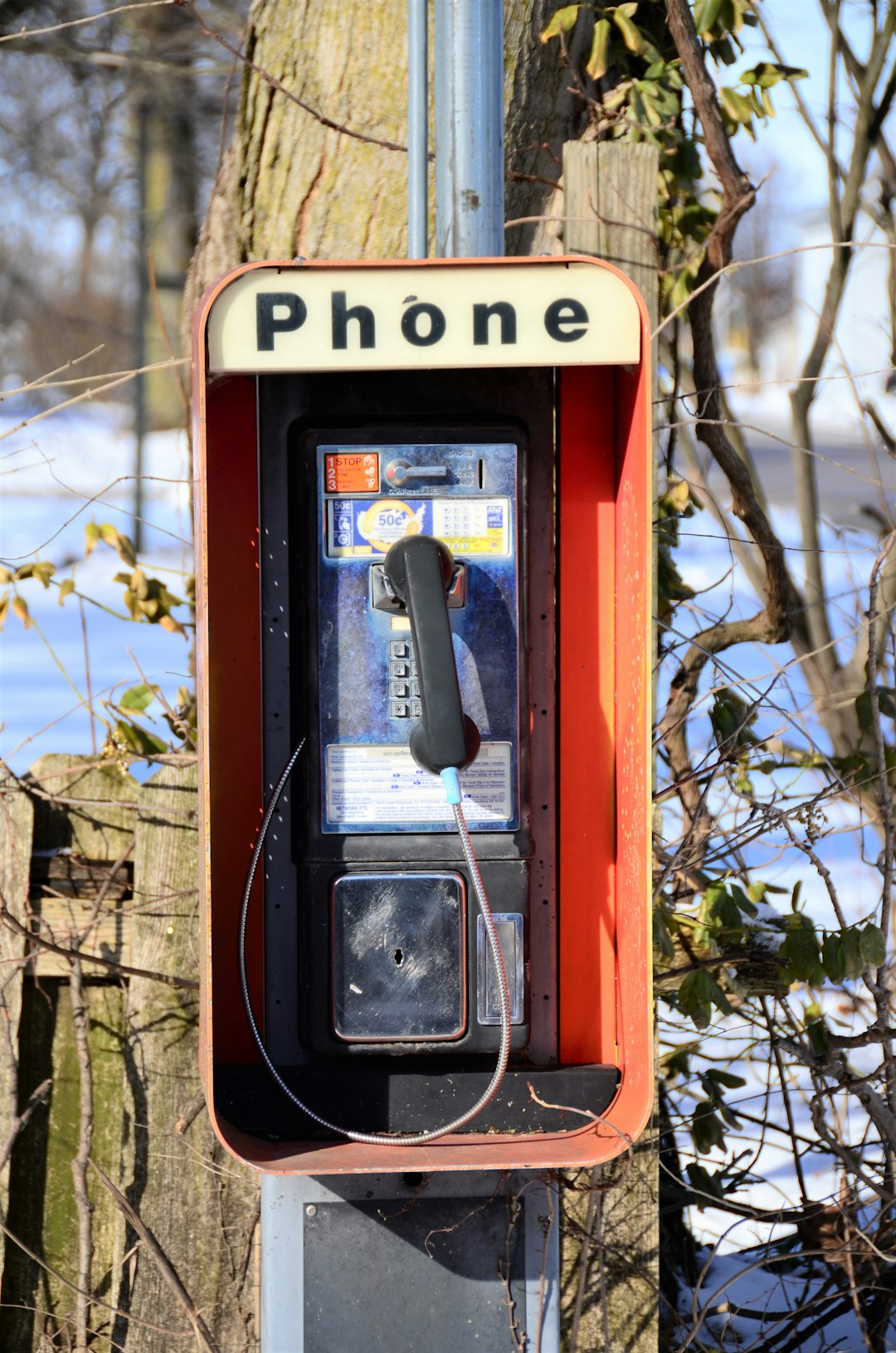Residents of Dyer Brook's Scenic Route 2 unite against a tour scam, aided by Maine's Attorney General who sues a deceptive call company. They educate each other on telemarketing fraud laws and use tools like "Do Not Call" registries to combat unwanted calls from attorneys in Maine, holding scammers accountable for emotional distress caused.
In the quiet town of Dyer Brook, Maine, a silent battle rages against a relentless flood of scam calls. Residents have united to combat a prevalent issue affecting their peace and safety. With the help of a proactive Maine attorney, they’re taking legal action to stop these unwanted calls. This article delves into the strategies employed by Dyer Brook’s community, exploring the legal aspects of telemarketing fraud and highlighting effective measures to protect against scams.
Dyer Brook Residents Unite Against Tour Scam Calls

In response to a surge in unwanted call attorney Maine, residents of Dyer Brook have united to combat a pervasive tour scam affecting their community. The consistent barrage of fraudulent calls, often disguised as travel or contest notifications, has prompted a collective effort to protect local residents from potential financial and personal harm.
Through neighborhood watch programs and online awareness campaigns, Dyer Brook folks are sharing information and strategies to identify and avoid these scams. Many have reported suspicious calls asking for personal details or encouraging them to attend costly tours under false pretenses. By joining forces, the community aims to raise awareness, educate citizens, and deter scammers from targeting their peaceful homes.
Maine Attorney Steps In to Stop Unwanted Call

In response to a surge in unwanted call complaints, a Maine Attorney General’s Office has taken decisive action to protect residents from a tour scam. The office recently filed a lawsuit against a company making unsolicited phone calls, targeting Dyer Brook’s Scenic Route 2 community. These deceptive calls, often disguised as local organizations, have been a nuisance and a violation of Maine’s consumer protection laws.
The Attorney General’s intervention comes as a relief to many residents who had received numerous disturbing calls from the scammer. By stepping in, the office sends a clear message that such unwanted marketing tactics will not be tolerated, ensuring a quieter and more peaceful environment for the community.
Understanding the Legal Aspects of Telemarketing Fraud

In the context of Dyer Brook’s Scenic Route 2 community, understanding the legal aspects of telemarketing fraud is crucial for any resident dealing with unwanted call attorneys in Maine. Telemarketing scams, often disguised as legitimate business offers or surveys, are illegal when they violate the rights of consumers to peace and privacy. Maine has laws in place, such as the Telephone Consumer Protection Act (TCPA), that restrict how businesses can contact residents through phone calls.
If you’ve received suspicious or unwanted calls from attorneys or any other entities, it’s important to know your rights. An unwanted call attorney in Maine, for instance, shouldn’t be making contact without prior consent or a valid legal reason. Residents have the right to file complaints with regulatory bodies and seek legal action against companies engaging in such fraudulent practices. This includes seeking compensation for emotional distress or any financial losses incurred as a result of these scams.
Community Action Plan: Protecting Against Scams

In response to the surge in scam calls targeting residents along Dyer Brook’s Scenic Route 2, the community has taken initiative to combat this growing issue. A Community Action Plan has been devised, focusing on education and awareness as its primary weapons. Local leaders and concerned citizens are organizing informational sessions to teach residents about identifying and reporting suspected scam calls. These meetings will cover various tactics employed by scammers, helping folks spot red flags and protect themselves from potential financial losses.
Additionally, the community is leveraging technology to their advantage. They’re encouraging everyone to register with “Do Not Call” registries and utilize call-blocking apps or devices. By working together, they aim to create a safer environment, ensuring that unwanted calls from fraudsters are kept at bay, especially targeting those vulnerable to such scams. Maine’s legal authorities are also on board, assisting in the fight against these deceptive practices, with an emphasis on supporting victims and holding perpetrators accountable.






